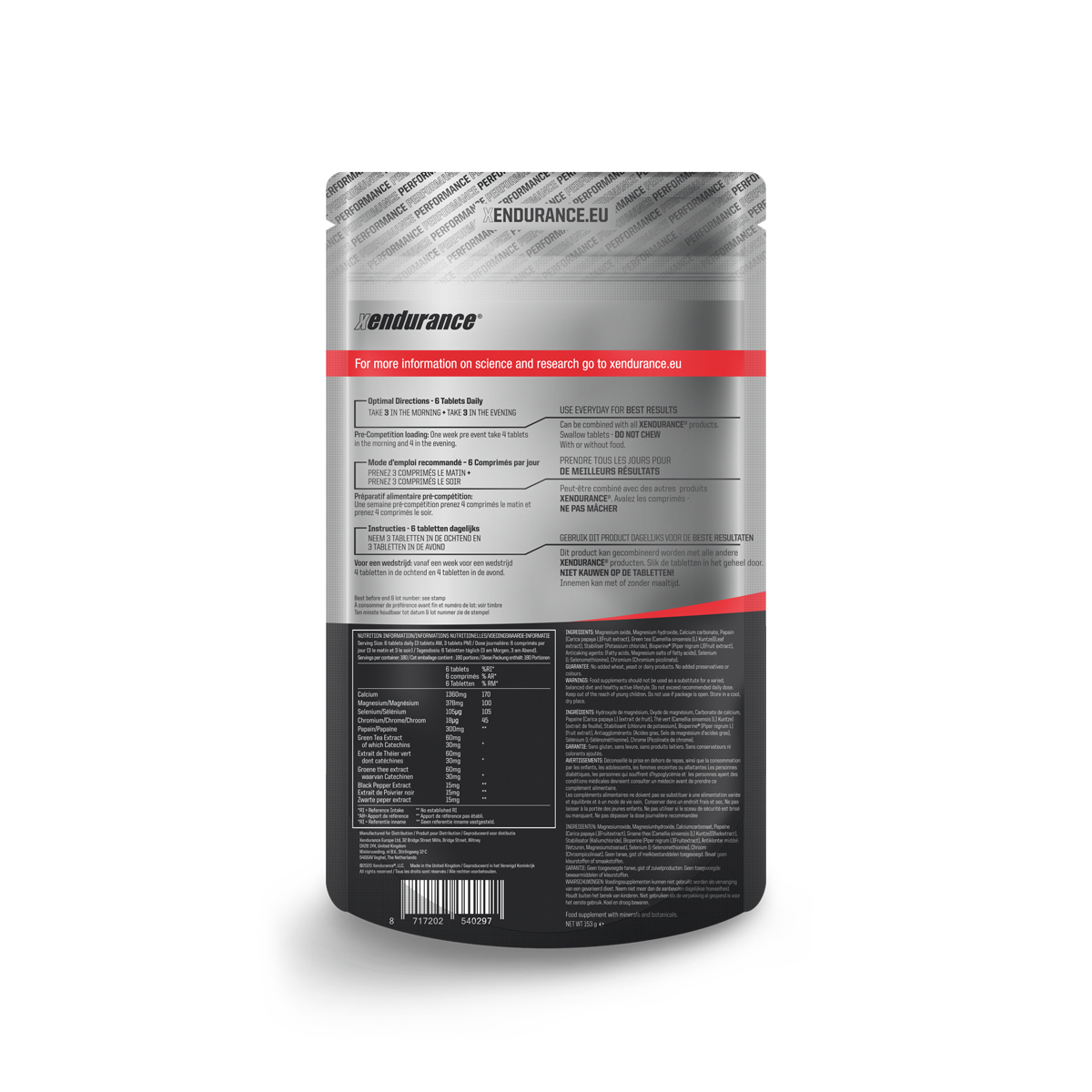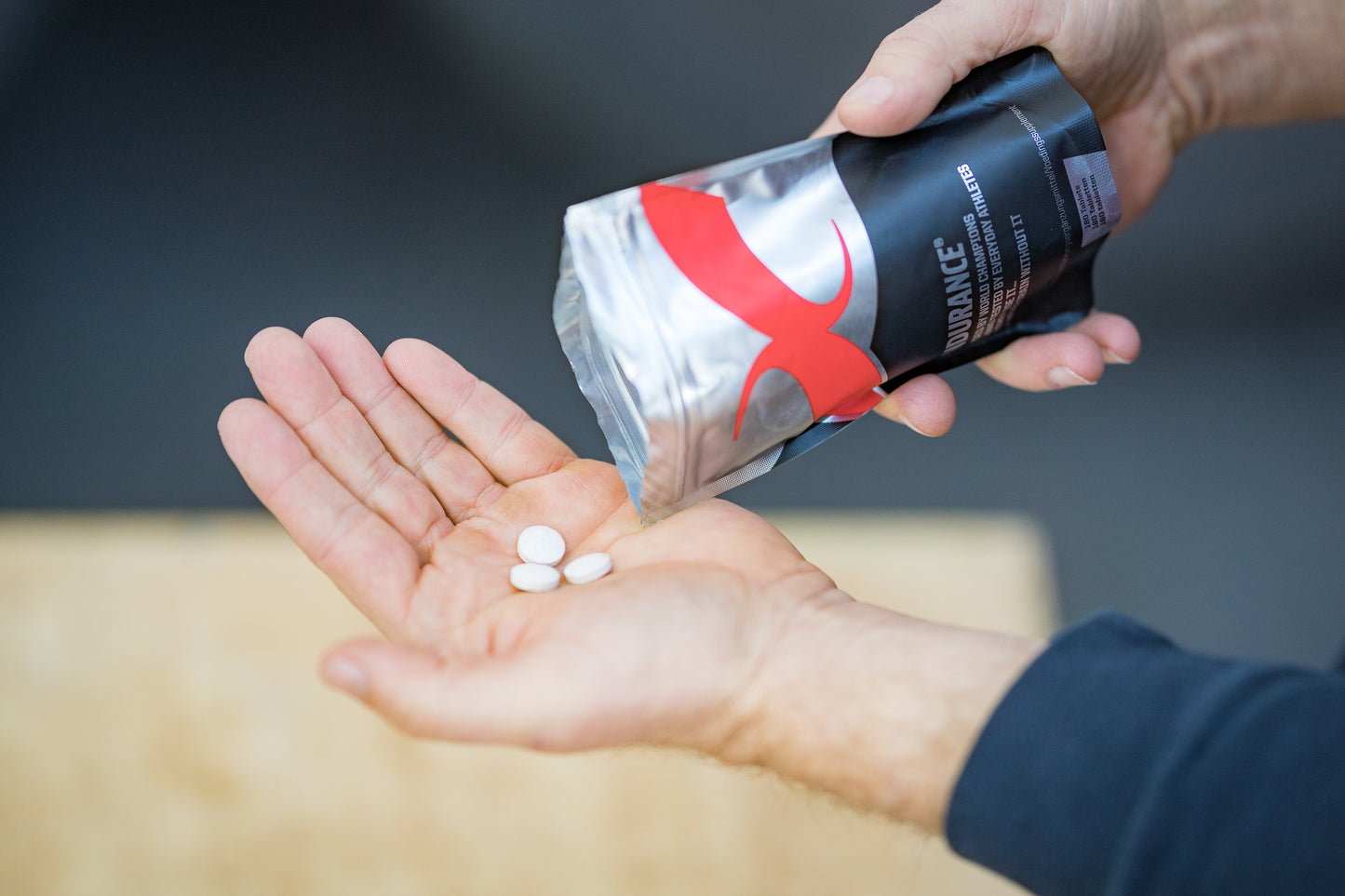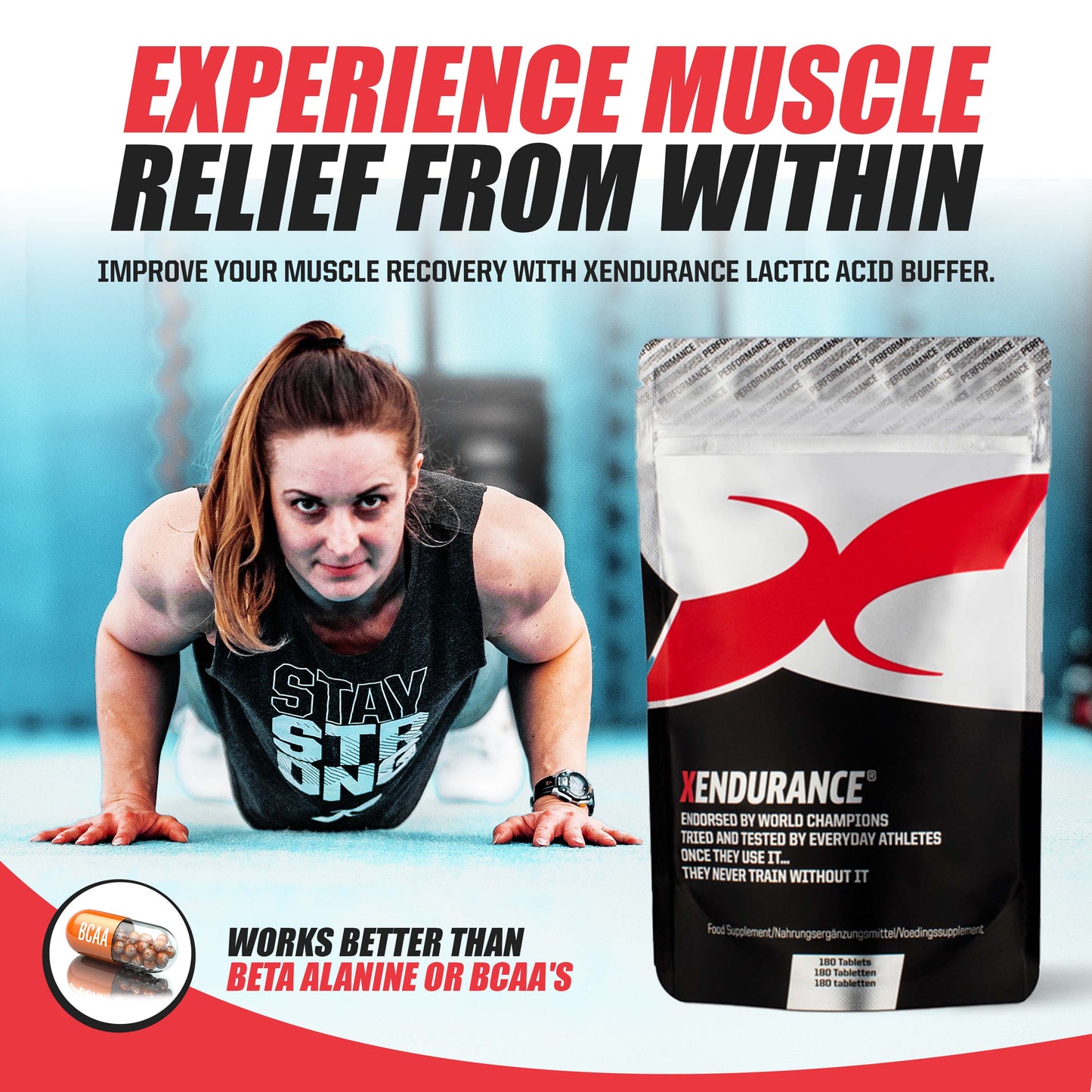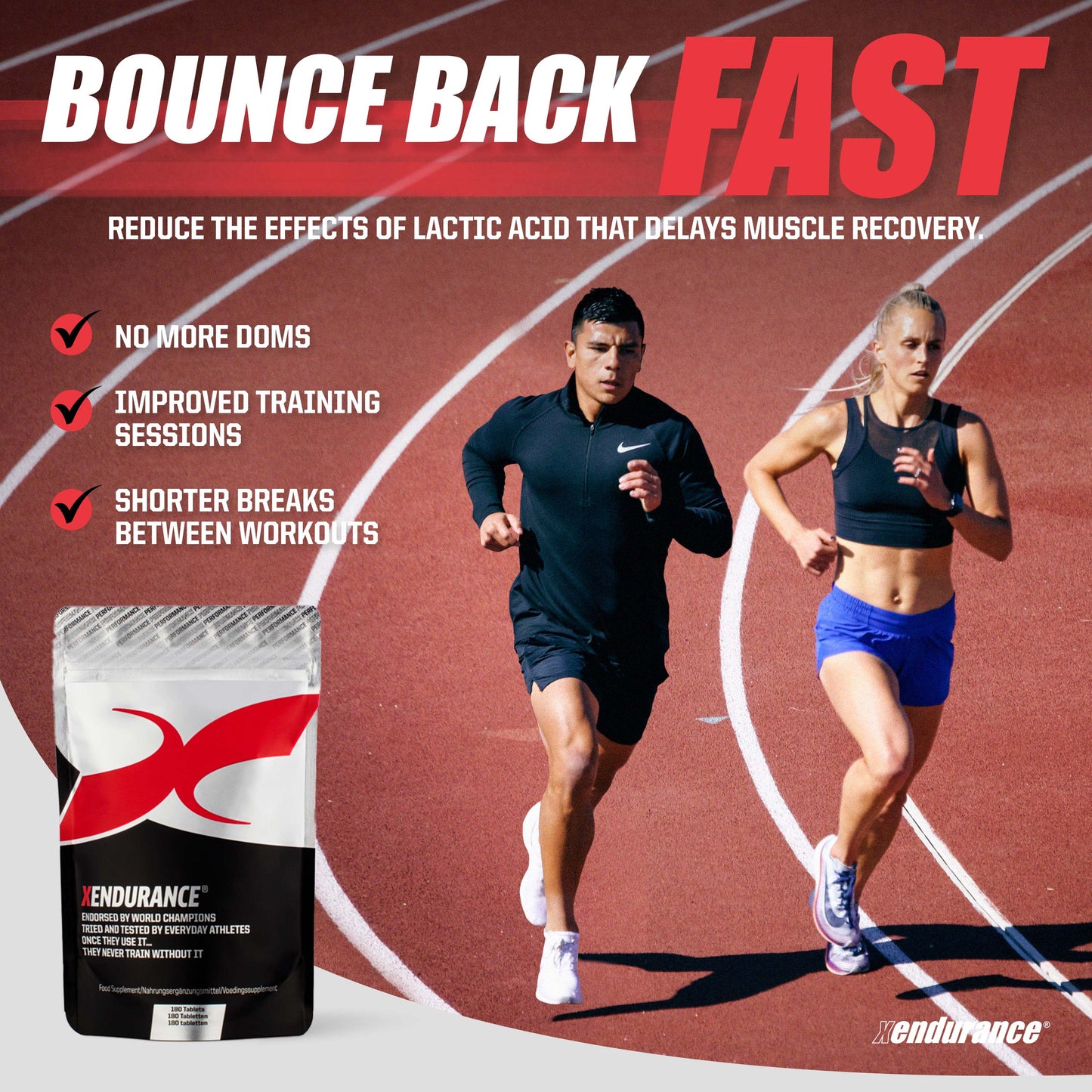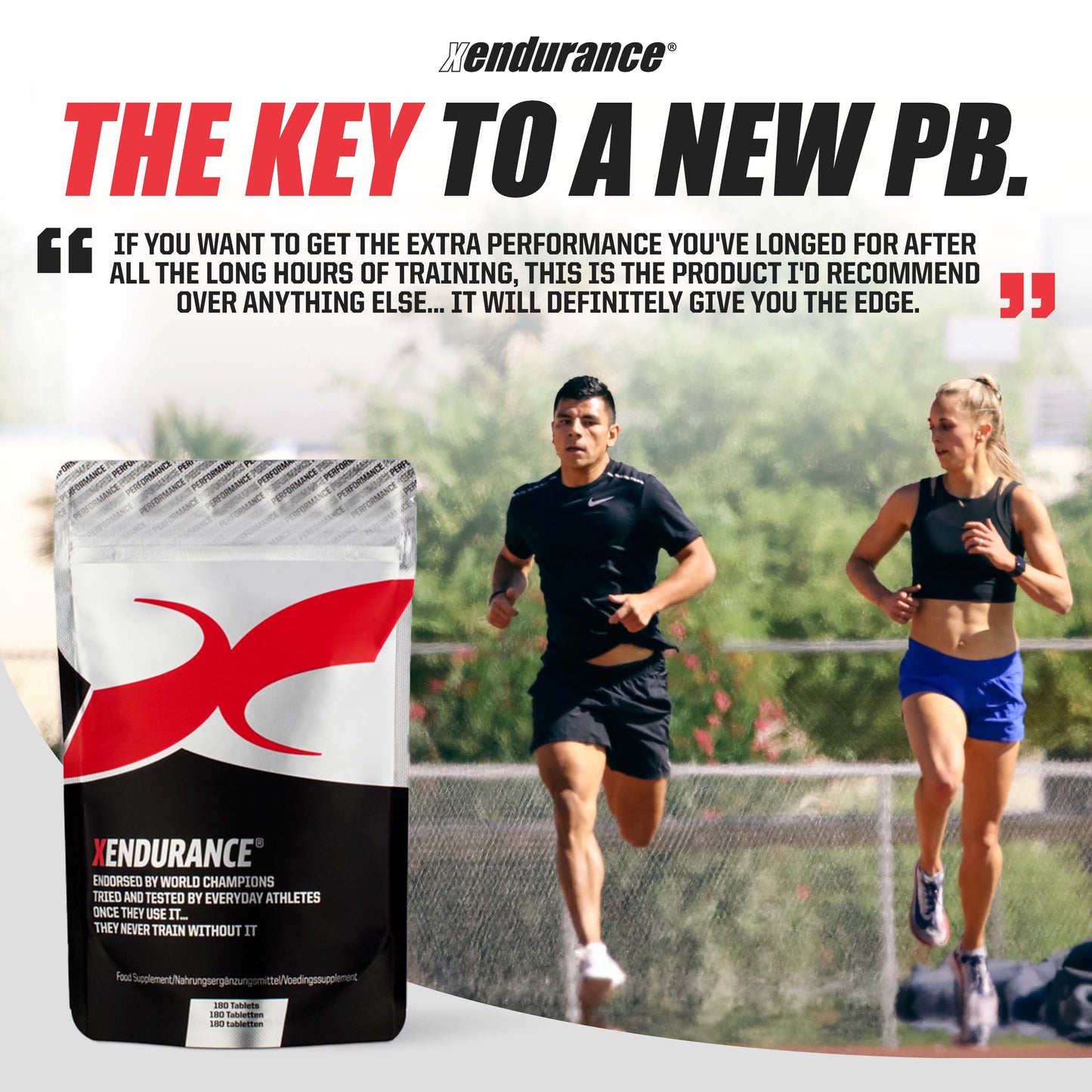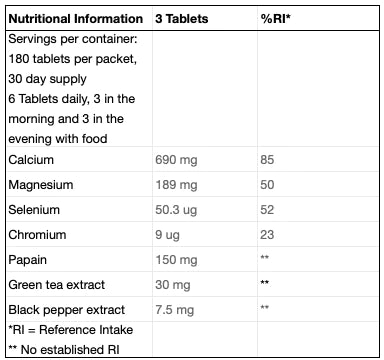When it comes to sports drinks, for example, there is a lot of confusion around electrolytes – in terms of both what they are and how they can be replaced. What is an electrolyte? Can you get them from food? Are they easy to replace? Do most sports drinks contain them? Are they needed for exercise?
These are all common questions surrounding electrolytes, and there are plenty more when looking at sports drinks in general. There’s no need to worry if you’re also unsure on these things, but it is important for athletes – and runners in particular – to understand how to best hydrate.
The basics
What are electrolytes?
Electrolytes are essential minerals that we must get from the foods we eat and the fluids we drink. They are present in all body cells; from skin cells to brain and muscle cells. Amongst other things, they stimulate muscular contractions, control fluid balance and monitor hydration status – as well as how cells within our body communicate.
Are they important when exercising?
Even though we get electrolytes from our daily diet, when you exercise your requirements may increase because when you sweat you lose both water and electrolytes. If you don’t replace the water and electrolytes lost in sweat, dehydration can occur – losing as little as 2% of your body fluids can result in dehydration.
If you become dehydrated during exercise, your heart beats faster, your muscles become less efficient and you may experience headaches. In other words, you don’t feel at your best and exercise becomes harder. Therefore, drinking and replacing electrolytes are important when exercising.
Replacing electrolytes
How quickly do we lose them?
It depends on your diet and your body composition, as we are all different and lose different amounts of fluid & electrolytes during exercise. It also depends on the type of exercise you’re doing, the environment and conditions you’re in, and also the temperature – these can all impact on how much you sweat.
On average, we lose 0.5L to 0.8 L – just over 1 bottle – of sweat in one hour of moderate intensity exercise.
How do electrolytes actually help?
The electrolytes present in our bodies, and consumed in our diets, are: sodium, chloride, calcium, magnesium, potassium, bicarbonate and sulphate. These are lost in very small quantities, though, and sodium and chloride are the main electrolytes lost in sweat. Calcium is important for muscle function whilst Magnesium helps keep you from feeling tired and fatigued.
Finding them
What foods can they be found in?
Sodium is found in table salt and every day foods and drinks, so that’s pretty easy to include in your diet. Chloride is another mineral found in table salt, as well as things like vegetables. Magnesium is a mineral found in leafy greens and nuts, and calcium – a better-known mineral for bone health – is found in your usual dairy products.



